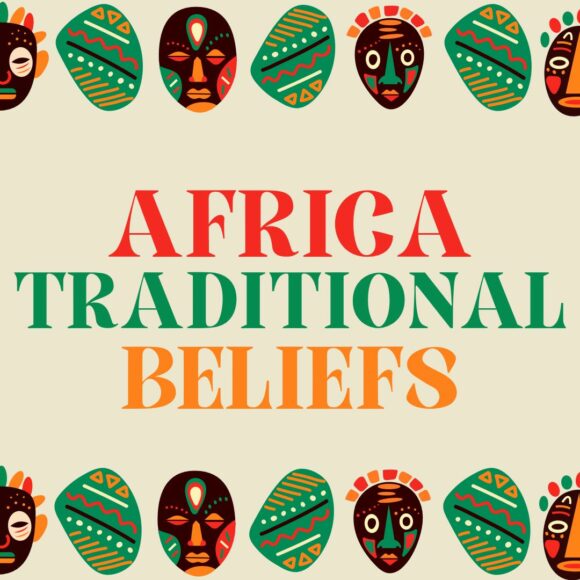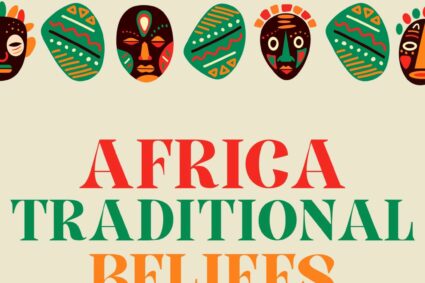
by Antonio Napoli
No one can deny being mortal: not the upright and courageous man who often risks his life, nor the skilled physician who knows many effective remedies; not the soldier who, from atop the palisade of the camp, tries to fill the wide, deep ditch with the corpses of his enemies, nor the farmer who, after the war, sees famine arrive; not even the helmsman, who sees calm follow the storm.
Plato claims that the desire for the good and the desire for immortality are, in the end, one and the same. But can we truly exclude the possibility that, just as death harbors great evils, so too might immortality?
In certain writings, I have read that the immortal will no longer need to choose, nor to fix a goal, nor to ask himself who he is. He will always have time to do what, for mortals, cannot be postponed. He will have no regrets, because he will have no memory. He will no longer feel akin to any mortal, moving among them like a shadow—or, conversely, seeing others as shadows. And when a physical pain, which no remedy can ease, puts his patience to the test, he will not even be able to call upon death as consolation.
Yes, perhaps the mortal man groans and trembles. But the immortal—alas—no longer groans, no longer trembles before any danger. His figure has become a rock the wind cannot erode; his voice, an echo that bounces from ear to ear without end, without understanding. He does not live: he merely endures, eternally, without meaning. And that, perhaps, is the most tragic of all evils.
Though I had evoked a condition closer to torment than to bliss—yet knowing of treatises that praise the great blessings of immortality and seem to affirm the opposite of what I had just claimed—it still suited me, at least for now, not to relinquish the immortality I had acquired.
As the last gleams of the sun faded on the horizon, I prepared to rest a little, so I could resume my journey in the night and reach the library in time, bringing to safety both the promised word and the life of the Jew.
I could surrender to sleep without fear; I could stretch out my body without dreading that time, with its thief’s footsteps, would come to demand its costly tribute. Yet something—or someone—kept watch over me, like a memory that never fully sinks into sleep, but instead sheds light in the darkness behind closed eyes. And I understood that no true rest is granted while a promise remains unfulfilled, a debt unsettled, or a secret unrevealed. I also understood that immortality breaks the invisible yoke that keeps the soul on the threshold, between what was and what might have been.
I was suspended between wakefulness and sleep when, in the moon’s friendly silence, I saw a figure approaching. His face was veiled, and when he uncovered it, I was struck as if by a violent flash of memory.
“You?” I exclaimed. “I thought you were dead… We never even said goodbye before—”
“Do you still have the book I gave you?” said the man with broad shoulders.
“It’s a long story… I don’t have it with me now.”
The prisoner I had met that night—the night my adventure with the Book of Memory began—spoke to me as if suspended between dream and reality. His movements had a shimmering aura, like a halo of light outlining his body. His voice was steady, deep, but it did not wake the camel sleeping beside me.
Yet when he touched my head, I shivered. As if something alive—more alive than I—had brushed against my soul.
“Don’t search for it anymore,” he said.
“For what?”
“The river,” he replied slowly. “The river of forgetfulness.”
“I must keep a promise,” I said. “And afterward, perhaps, I’ll seek it out…”
“Certain waters must be drunk in the right order,” he replied.
“How do you know?” I asked, disturbed.
“Because you have already drunk from the water that purifies the future of all endings. And now, even if you were to find the river of forgetfulness, it would appear to you as nothing more than a dry bed, strewn with sun-scorched pebbles, a deep trench where not even a serpent dares to crawl.”
I remained silent, my eyes fixed on the man’s face, which now seemed older than I remembered. Wrinkles furrowed his skin like letters from a sacred tongue.
“You mean I’ve lost the possibility of forgetting?” I whispered.
He slowly shook his head. “No, you haven’t lost it. But it will no longer be granted to you as refuge. Now, it has become an endless task.”
“A task?”
“Whoever drinks the water that dissolves the end can no longer abandon what memory clings to. And yet he is condemned to forever reach toward the forgetting of himself.”
We stood in silence. A light breeze caressed my face. The camel stirred in its sleep, emitting a deep sound, almost like a moan.
“You’ll be like a camel,” said the man, “destined to carry the labor of memory, which has countless voices… Now I must go. Dawn will separate us.”
“Will we meet again?” I asked.
At that moment, his figure began to lose substance, as if matter itself hesitated to remain faithful to him.
“Wait… who are you, really? What is your name?” I asked.
“They called me Aristocles,” he murmured, as if drawing the name from a remote depth. “Some addressed me as master. Once, in a garden beyond the Ilissus, I spoke of souls that suddenly remember, touched lightly by beauty… that beauty which, of all the Ideas, shines brightest in the realm of the senses. And stunned by the echo of my own words, I realized I had lived that moment before, under another name… But do not confuse my voice with the truth that precedes all memory: a dialogue is always incomplete.”
My heart pounded. His words settled within me like stones in an ancient temple.
“You… you are Plato!” I exclaimed.
It seemed he nodded slightly. But there was no pride, no arrogance—only a melancholic sweetness, as of one who has said all that can be said, and knows he will be misunderstood for all eternity. Then, as if drawn away by the fleeing footsteps of darkness from the advancing dawn, the man vanished, like a figure in a dream that fades.
